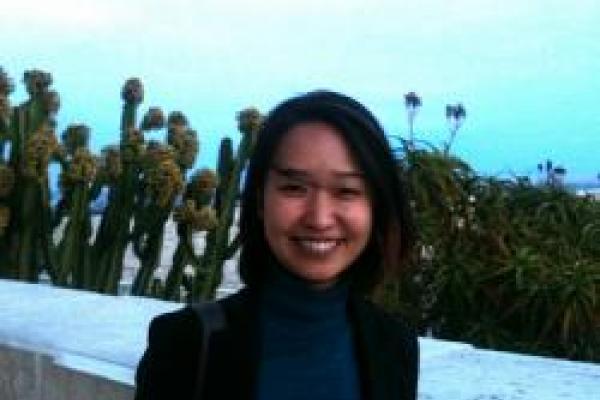
Part of the Institute for Chinese Studies "Understanding China -- Its Roots and New Frontiers" Lecture Series
“Medicine, Exorcism, and Beyond: Contending Treatments on Sexual Desire and the Female Body in Song China”
Abstract:
When the Southern Song doctor Chen Ziming theorized the illness of “guafu” (or husband-less women), a contrived and yet not well-explained link between women’s reproductive bodies and sexual desire became apparent in the medical tradition. Meanwhile, zhiguai literature and popular anecdotes from the Six Dynasties to the Song show a different trajectory of the reconceptualization of female sexuality. Women with unusual sexual encounters who are once depicted as active respondents to their supernatural seducers in Six Dynasties zhiguai become passively possessed in Song popular exorcism; however, married women and prostitutes seem no less susceptible to “intercourse with ghosts” (a symptom often associated with man-less women in Song medicine) than single or divorced women. Through juxtaposing sources of different genres and excavating the multivocality of each source, this lecture will delineate how norms concerning female sexuality diverge greatly not simply from one type of source to another but even within one book compiled by a single author. Or has there ever been a “norm”? We may ask.
Biography:
Hsiao-wen Cheng is Research Associate and Visiting Lecturer in the Women’s Studies in Religion Program, Harvard Divinity School. She received her PhD in History at the University of Washington and was a postdoc fellow in the Institute of History and Philology, Academia Sinica. She is currently working on a book manuscript based on her dissertation, “Traveling Stories and Untold Desires: Female Sexuality in Song China.”
Co-sponsors: Department of History, Comparative Studies department, Center for the Study of Religion and Department of Women's, Gender and Sexuality Studies (WGSS)
